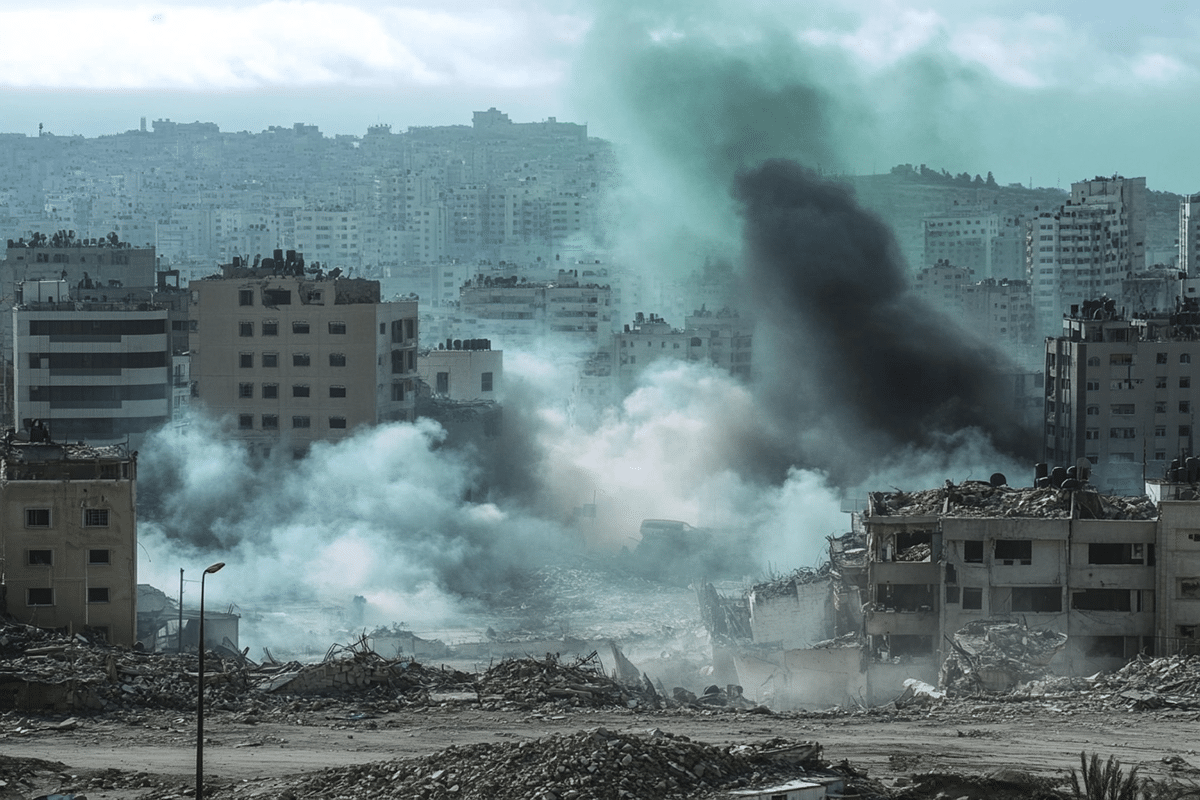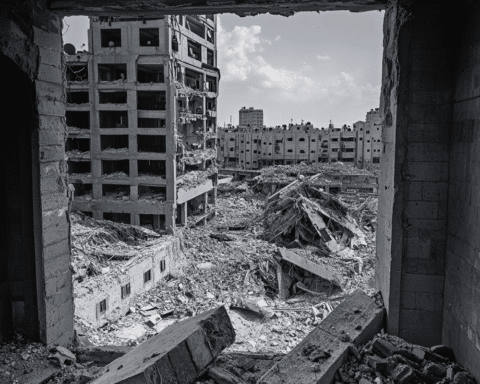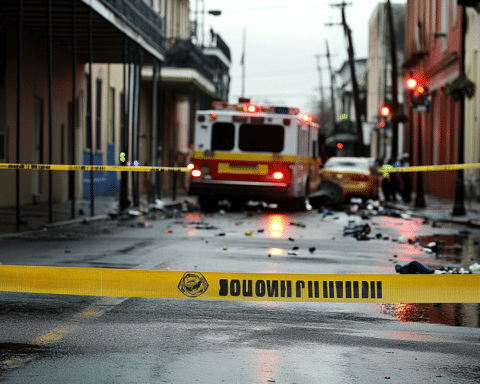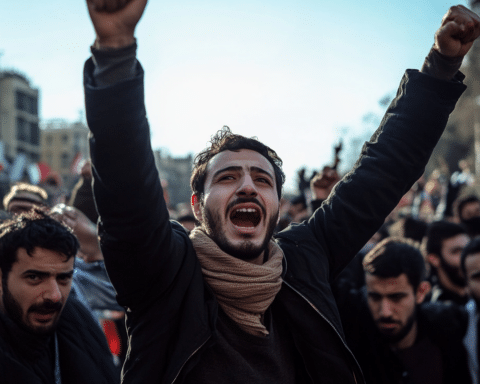Efforts to broker a ceasefire in the ongoing conflict between Israel and the Lebanese militant group Hezbollah have encountered significant obstacles, even as both sides and international stakeholders appear motivated to bring an end to hostilities. The war, which has caused extensive loss of life and displacement, continues with daily exchanges of fire, complicating the path to a resolution.
Key Issues Blocking Agreement
Ceasefire talks are stalled over key issues. Israel insists on the freedom to strike Hezbollah for violations, clashing with Lebanon’s sovereignty concerns. Hezbollah demands an end to aggression and protection of territorial integrity. Disarmament of Hezbollah at the border is another sticking point, with Israel seeking guarantees to prevent attacks like the October 2023 Hamas assault.
Disputes over the international monitoring committee’s composition add complexity. Israel accepted France’s participation but Lebanon opposes Britain due to its ties with Israel. These unresolved issues hinder progress toward implementing U.N. Resolution 1701 and achieving peace.
The Ceasefire Proposal
The proposal under discussion includes a two-month ceasefire during which Israeli forces would withdraw from southern Lebanon. Simultaneously, Hezbollah would end its armed presence south of the Litani River. To stabilize the region, additional Lebanese army troops would be deployed alongside an existing U.N. peacekeeping force to patrol the border area.
An international monitoring body would oversee the ceasefire’s implementation, aiming to enforce terms that were left unmet under the 2006 resolution. This includes resolving territorial disputes and curbing violations of airspace and sovereignty. However, skepticism remains about whether the new agreement would succeed where previous efforts have failed.
Recent Escalations Intensify Pressure
The urgency of these negotiations has been underscored by a recent surge in violence. Over the weekend, Israel launched airstrikes on central Beirut, prompting Hezbollah to retaliate with one of its heaviest rocket barrages in months. Daily clashes have left over 3,500 people dead in Lebanon, the majority of them civilians, and displaced a quarter of the population. In Israel, more than 70 people have been killed, including over 50 soldiers involved in the ground offensive.
Both sides have suffered significant losses, but the human toll and destruction have amplified calls for an end to the war. In Israel, displaced residents from border regions are pressuring their government to secure a resolution that allows them to return home. Similarly, Lebanese officials and civilians are eager to halt the widespread devastation and displacement caused by the conflict.
Broader Regional Implications
A ceasefire is seen as critical to preventing the war from spilling further into neighboring countries. Israel has already carried out airstrikes on Iranian-linked groups in Syria and has issued warnings against weapons transfers through Iraq. Without a resolution, there is growing concern that the conflict could expand, drawing in more regional players and escalating tensions between Israel and Iran.
U.N. officials have emphasized the need for simultaneous ceasefires in Gaza and Lebanon to avoid a wider war. However, despite some progress in negotiations, a final deal remains elusive. Analysts point out that while Hezbollah has been weakened, it continues to launch steady attacks, complicating Israel’s efforts to secure a military advantage.
Prospects for Peace
While both sides have expressed interest in ending the war, optimism has waned after the recent departure of a key U.S. mediator from the region without an agreement. Many now believe that no deal will be finalized before the upcoming U.S. presidential transition in January, adding another layer of uncertainty to an already complex situation.
For now, the war continues to devastate lives on both sides of the border, with each day of fighting diminishing hopes for a swift resolution. As negotiations persist, the prospect of a lasting peace hinges on bridging deep-seated divisions and addressing the concerns of all parties involved.





